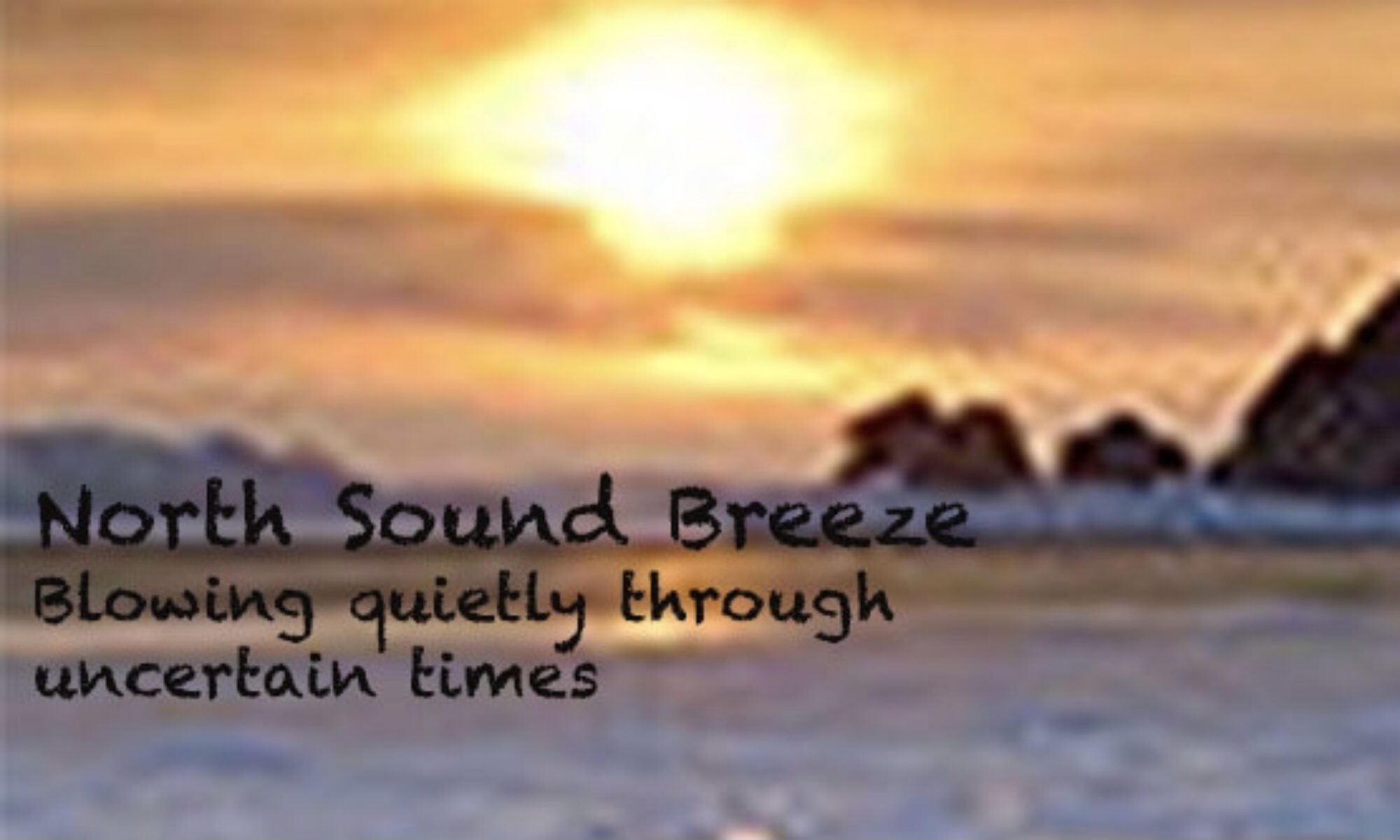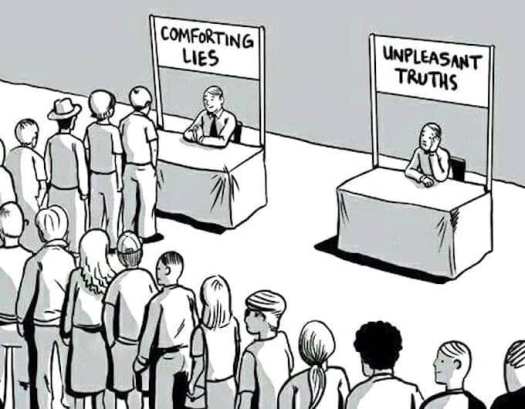That’s the first thing they taught us in the only writing class I ever took. It was good advice, of course, but turns out it was only a good place to start, not a formula to stick to throughout one’s writing life. I had to figure that out for myself, which I did. The hard truth was that I didn’t know all that much, so trying to write what I knew made sticking to the formula most restricting, and boring.
Upon discovering that sad fact, I decided, over time, to stretch the formula, to include “What you think you know,” And later – “What you wish you knew,” “What you’re not sure about, but seems logical,” “What you don’t know but are willing to guess about,” and finally right on to, “What you’re sure you don’t know, but go ahead and get verbose about it anyway.”
Yeah, I finally took it all the way to fiction, and I tried it once. It didn’t work. I know it didn’t work for two reasons, 1. I tried to write a story of fiction and couldn’t finish it. 2. I submitted my best chapter to a writing contest… I didn’t win. Not winning that contest wasn’t much of a deal. But I knew I’d hit the wall when I couldn’t finish what had begun as a decent story.
I talked to several good writers and quickly learned that most successful writers start with an outline. A plot, a list of characters, a series of events in one order or another… I knew instantly I could never do that. I am nothing, absolutely nothing, if not spontaneous. Writing an outline, for me, would kill whatever creative juices I had to move my story idea out of the ether and into any logical (shudder) form. Besides, although we’ve heard it said countless times that truth is stranger than fiction, still I hold the human imagination sacred when it comes to creativity of any kind. And in that, any writing driven by imagination, however curious, outrageous, funny or angst-driven, has the potential of being a work of art, a classic, a one-of-a-kind read that might inspire or outrage… either of which can justify its writing in the first place.
My favorite writers are Patrick McManus, Joseph Heller, Ken Kesey, Tom Robbins and Hermann Hesse. From them I get good subject material and in-depth character development. From McManus, Heller and Robbins I get humor, maybe the most important element in writing that I try to emulate. What ever humor I’m able to bring to my writing comes from my dad, who had a fine sense of humor. Genetics is a powerful driver, whether we know it or believe it or not. I’m a firm believer.
I guess this is as good as any place to admit to a known mistake of English, and to explain it. I often end a sentence with a preposition, which we were taught to never do. Unfortunately, I do it all the time, usually with one of these words – to, for, of, from, by, in & into, on, at, with and about. Could I fix this bad habit? Oh hell yes! But I’m not going to, and here’s why. The phrase, “That’s not something I want to get into,” is wrong. It should be, “That’s not something into which I want to get.” Now come on. None of us speak that way, or think that way. Guess I’m just trying to tell you that I know it’s technically wrong, and that if it actually offends you, please forgive me. Or, as my dear, departed friend Tuffy Burgstrom used to say, “Thanking you in advance for past favors.”
Have you ever thought about writing? I mean, your autobiography, maybe some cool things that happened to you… a short story about a friendship? Think about it. We all have certain creative juices stirring about within, and writing is a great outlet. You might be surprised by the interest others might have in your writing, too.
I know that a few of my friends, whom I assume read this blog, could be fine writers if they would give it a try. They are wonderfully creative, already stylized, with a clear and unique understanding of life and of themselves. I have urged them to write before, trying my best to explain to them that, having led unusual lives themselves, they have developed a perspective on their experiences that many of us would find most interesting and often entertaining. Ah well, you can lead a horse to water…

My lady, Betty Johnson, has kept a journal that we’re turning into a book of her life. She’s had a dandy life, filled with the not-so-typical ups and downs of marriages, parenthood and working out there in the world. Partly because of that, she’ll have a dandy book when we finish it. In her case, the book is meant for family… for them to see her life from her perspective, and to find themselves within it. I encourage you all to try it, it’s easier than you might think. Most of our kids, our family and our loved ones are not going to take the time to rift through our emails and texts to try to glean who we were; if a book about us and our lives is lying there, I’m sure that sooner or later it will be picked up and read.
I have a friend who sits down nearly every morning, writing thoughts and ideas he thinks are worth keeping, documenting. Trouble is, he seldom, if ever, takes the time to pull all those quality thoughts into any kind of cohesive structure. That’s a shame, too, as he is a deep thinker and a good writer. Comparatively, my brain has neither the depths or ability of my friend, yet he remains unpublished while I’ve been published several times. One might argue that I’m begging the comparison between quality and quantity. One might also argue that I’m pointing out the delicate balance of ‘what we think is important for us to write about” vs “what we think might be interesting to other readers.” Maybe, but what I think I’m doing here is pointing out the result (or lack of a result) of letting one’s ego block one’s desire to finish a book and put it out there for others to read, fearing the response won’t match or exceed their expectations. For the record, I have little to no idea if my writing might interest other readers. And so, I just fire away… because it’s fun and rewarding to see it in a tangible form. I enjoy it, and it makes me think. Once in awhile, I get a positive response.
There are specific guidelines for good writing, guidelines that most published authors have used, or at least got started with. (There it is again…) They are –
– Be direct in your writing. Good writing is clear and concise. …
– Choose your words wisely. …
– Short sentences are more powerful than long sentences. …
– Write short paragraphs. …
– Always use the active voice. …
– Review and edit your work. …
Also, subjects along the lines of what is, what we wish it was, what might be, what can’t possibly be (but let’s write about it anyway) are popular directions to pursue. Mysteries have always been popular, but damn, they’re hard. They depend heavily on that outline thingy.
Sadly, I don’t do hardly any of that. At this point in life I’m into “what was,” which is me sliding back into writing what I know. I guess the difference is, I know one hell of a lot more than I did 40 years ago. Blessed with a fairly clear long-term memory, I’m now content to share what I consider to be the more interesting, perhaps unique aspects of a musician’s life with you. Along with that comes (sometimes) the perspective of an older person’s view of a vastly new and different world. Now our world today might not seem very new and different to you. But walk a mile in the ’50’s through the ’80’s in my shoes and you might be shocked. Oh yeah, it’s different today… most of you are aware of how very different it is, on a hundred different levels.
In that light, my years 20 to 50, and my memories of them, almost have to sound strange, perhaps even foreign to you, if you’re under 50 today. And that’s okay. Matter of fact, it’s preferred in some cases. We can always see clearer where we are today if we know and understand where we were, where we came from, even how we got here. My aim these days is to remind us where we were, through the eyes of one who has been there and remembers. I have no idea how we got here. I know why, but we all know why. I have learned, over time, that power and greed ultimately control many of us, and that the lust for them takes many, many forms, all of them detrimental and destructive to any desire we might have for a collective society that fosters honesty and integrity… and fellowship.
Here’s one of my favorites, author unknown.
Once upon a time, a Pilot asked a beautiful Princess, “Will you marry me?”
The Princess said, “No!!!”
And the Pilot lived happily ever after and flew aircraft all over the world. He rode motorcycles, went hunting, camping, fishing, raced hot cars with fast women, went to bars and drank whiskey, beer and Captain Morgan…Kept his house, guns and all his toys. He ate spam, and potato chips and beans, blew enormous farts wearing nothing but boxer shorts, and all his friends and family thought he was frikin’ cool as hell and he had tons of money in the bank and left the toilet seat up…
The end
Here’s another one of my favorites, written by Kurt Vonnegut –
Joseph Heller, an important and funny writer now dead, and I were at a party given by a billionaire on Shelter Island. I said, “Joe, how does it make you feel to know that our host only yesterday may have made more money than your novel ‘Catch-22’ has earned in its entire history?”
And Joe said, “I’ve got something he can never have.”
And I said, “What on earth could that be, Joe?”
And Joe said, “The knowledge that I’ve got enough.”
Not bad! Rest in peace!”
— Kurt Vonnegut
The New Yorker, May 16th, 2005
So where does one start, upon remembering how the world was, seeing how it is today, and knowing where it’s headed? Eh, that depends on whether one perceived life in the late 20th century to be better, or at least simpler and easier than our life is today. My concept of honesty, quality and community comes from my memory of the ’50’s & ’60’s, and how life was for me and those around me. Oh sure, there were all kinds of corporate and political nastiness going on back then as well. But rural life, even big city life was so much different then. Even in Atlanta in the ’70’s, I could go into a grocery story or drugstore and usually see someone I knew, or someone to say ‘hi’ to. And that’s not even the tip of that iceberg.
No, for me it’s best to write about those earlier times, those times of excitement, adventure; to write about how we were, what we did, what was fun; to write about our dreams back then, what we thought was cool; and yes, to write what I know.
Steve Hulse



